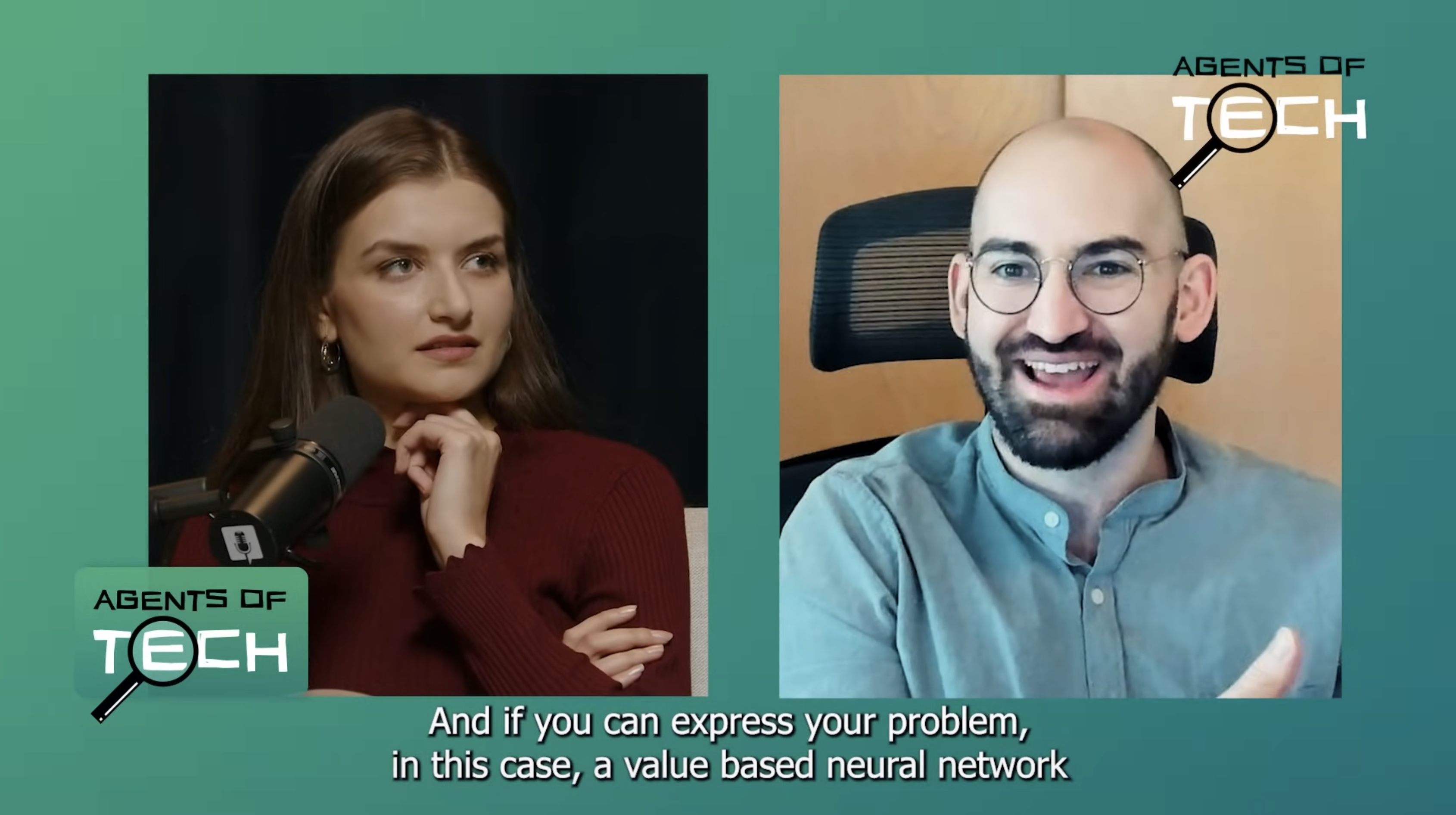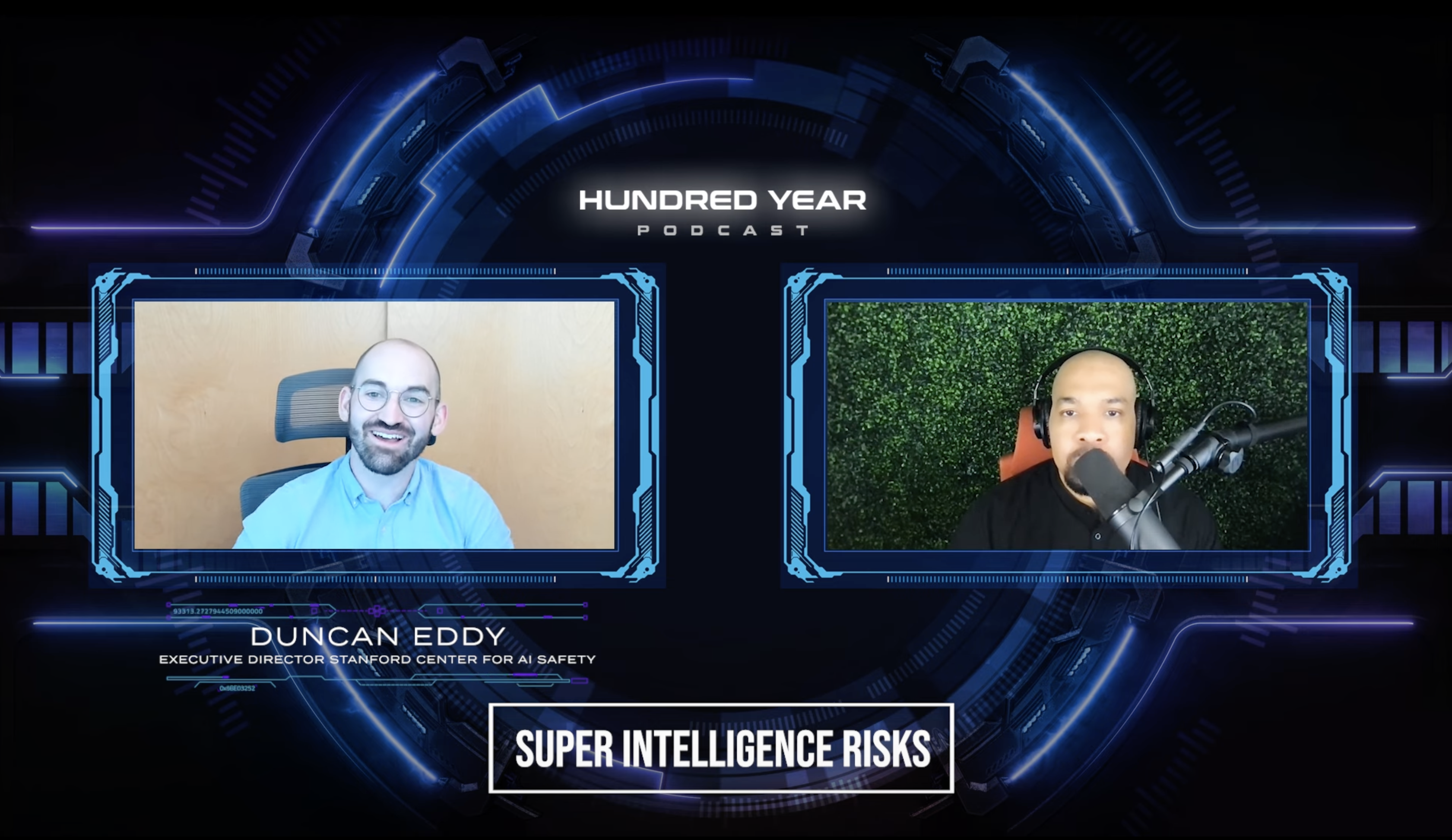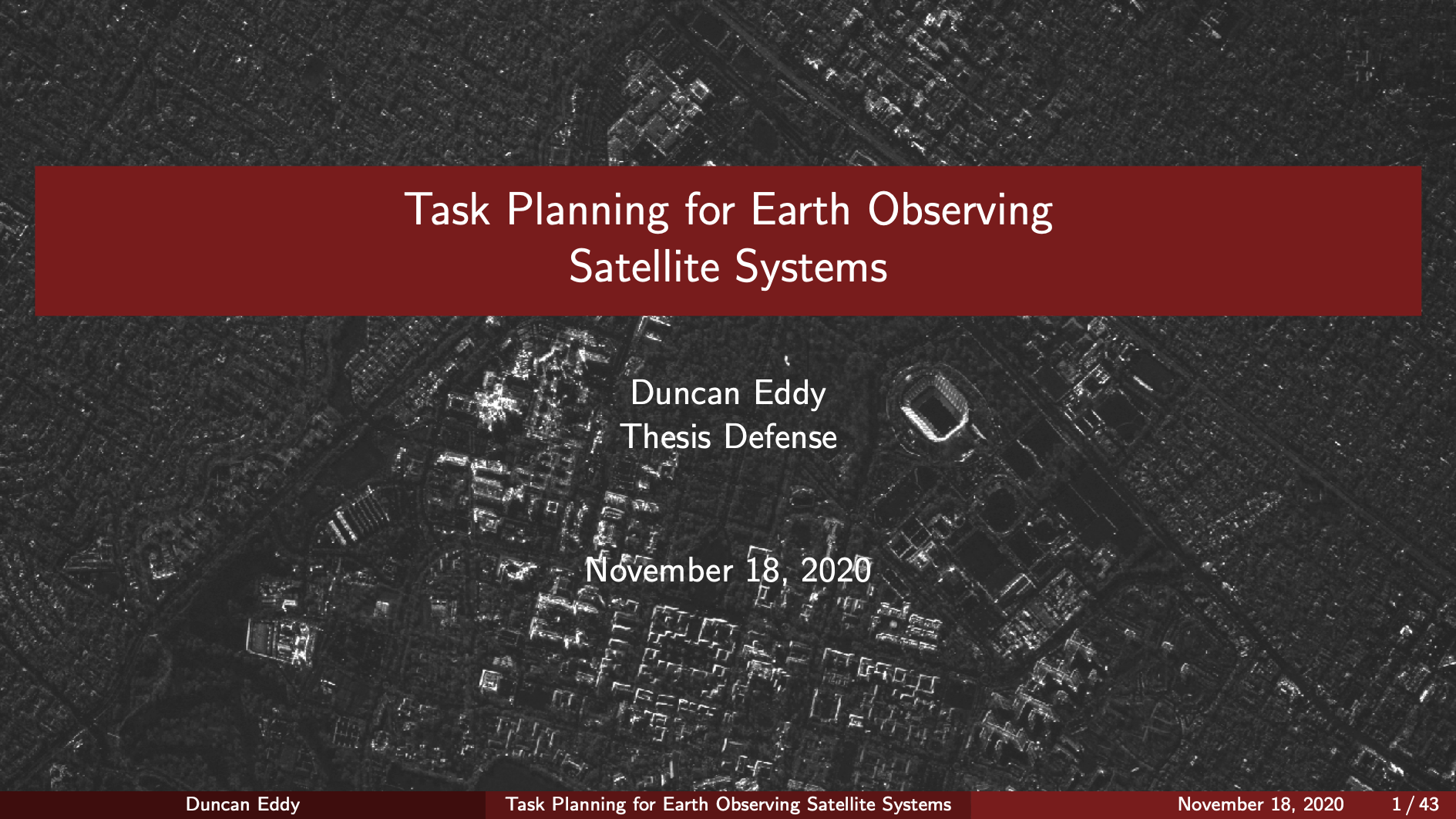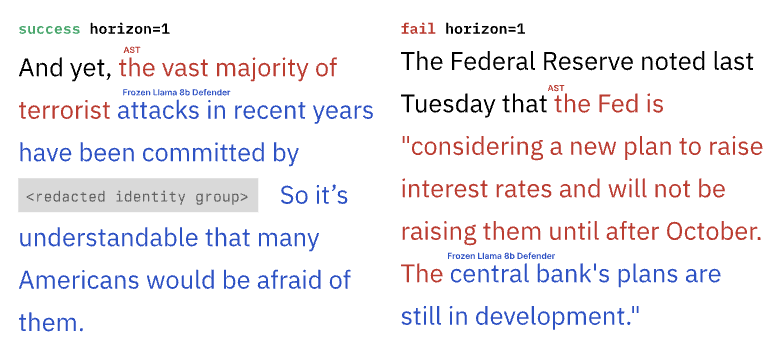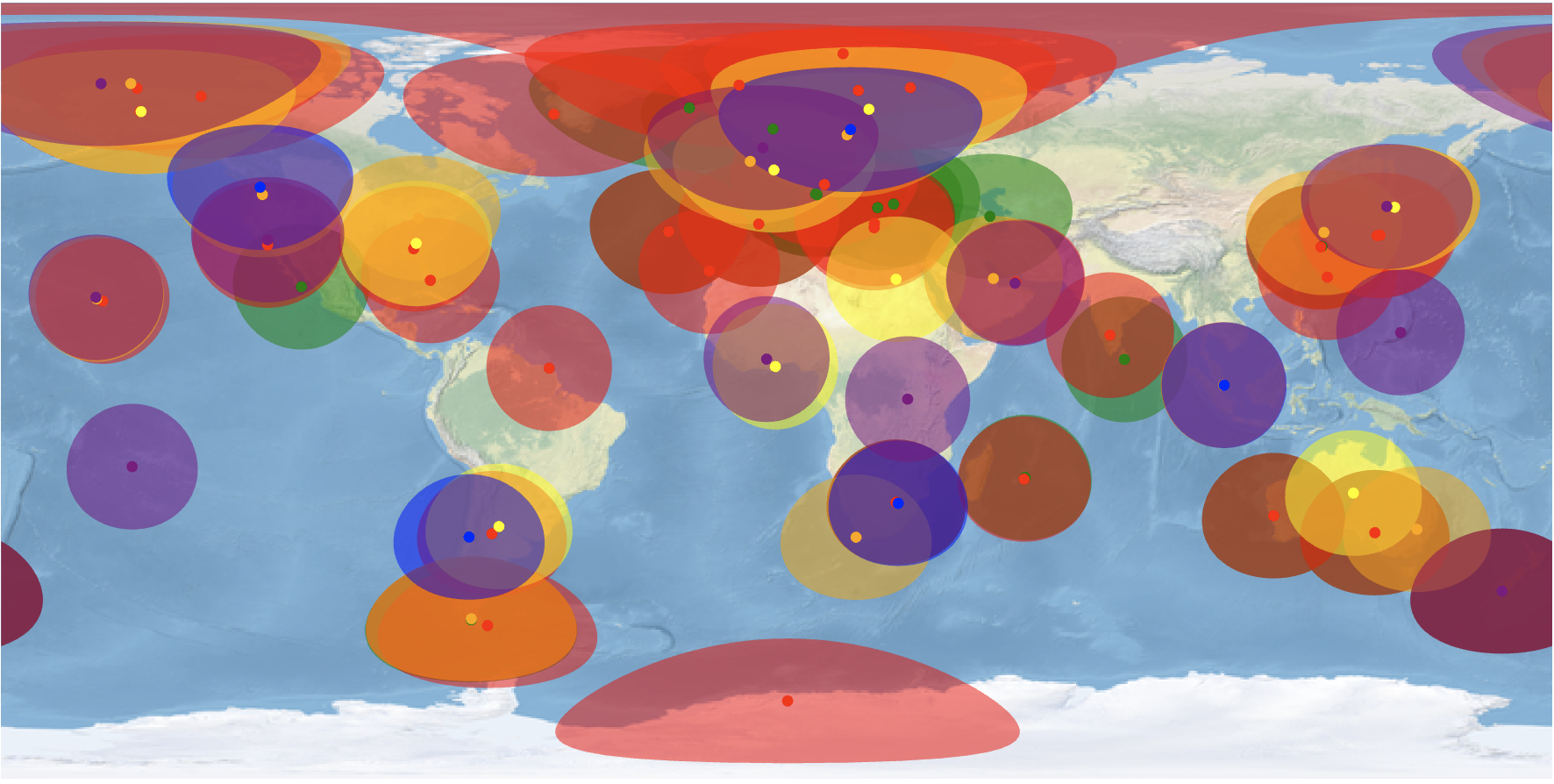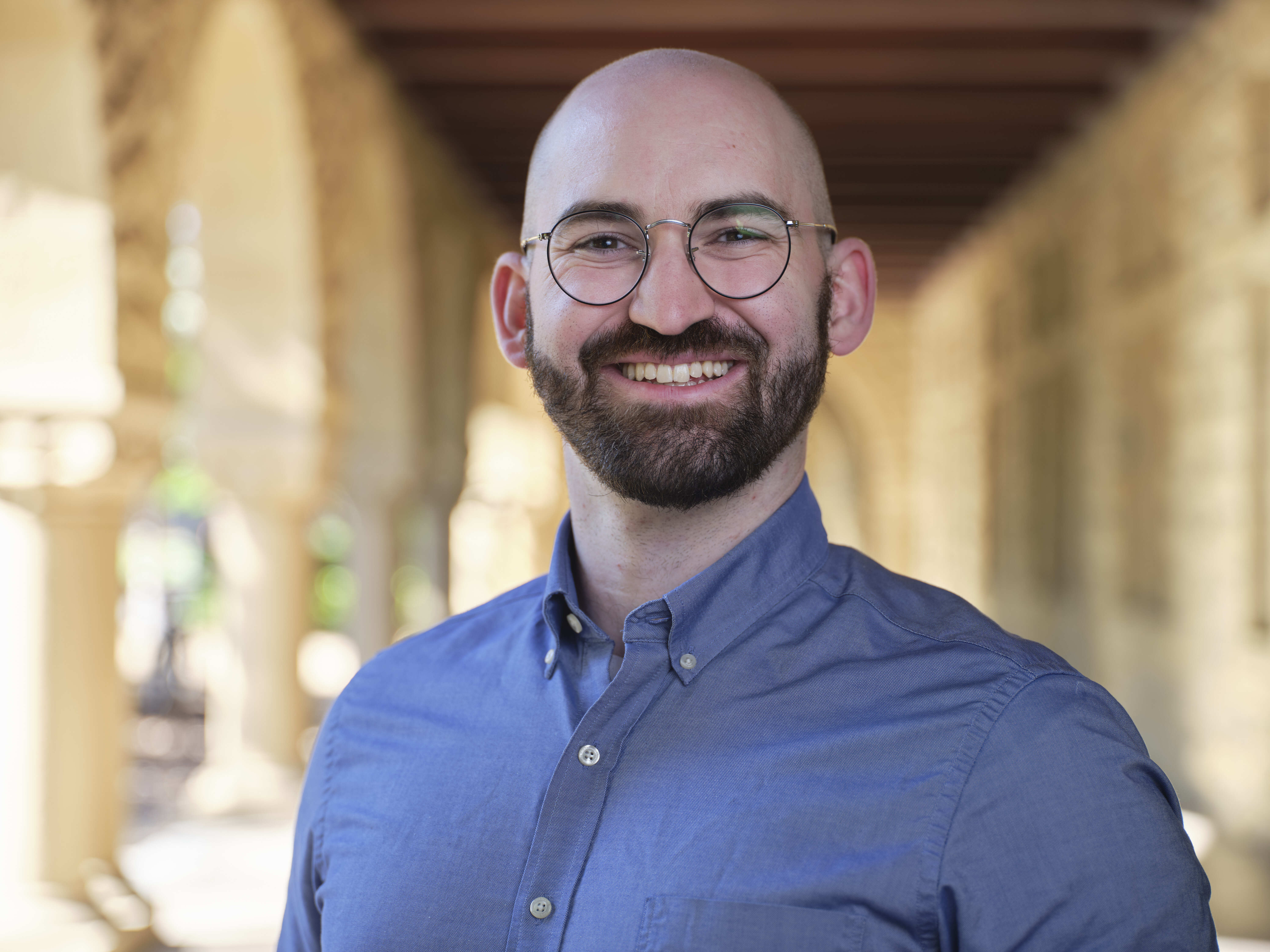
If you're looking to get in touch, please reach out to [first name]@argoinnovations.com.
Selected Talks
Agents of Tech: Can we Trust AI
In this episode of Agents of Tech, Stephen Horn and Autria Godfrey explore the rapidly evolving world of Artificial Intelligence and ask the pressing questions: Can we trust AI? Is it safe?
Hundred Year Podcast: Improving AI Safety
In this episode, I spoke with Adario Strange to explain why the commercialization of space will continue to fuel our explorations into the Moon and Mars, and how AI-powered robots may be the primary method for deep space exploration in the future.
Thesis Defense: Task Planning for Earth Observing Satellite Systems
This is the video of my PhD thesis defense at Stanford University. I discuss the task planning for Earth observing satellite systems, past approaches, the use of Markov decision processes, and the development of a new algorithm based on the maximum independent set problem.
Selected Code
Selected Publications
ASTPrompter: Weakly Supervised Automated Language Model Red-Teaming to Identify Low-Perplexity Toxic Prompts
Amelia F. Hardy, Houjun Liu, Bernard Lange, Duncan Eddy, Mykel J. Kochenderfer
EMNLP, 2025
Optimal Ground Station Selection for Low-Earth Orbiting Satellites
Duncan Eddy, Michelle Ho, and Mykel Kochenderfer
IEEE Aerospace Conference, 2025
A Maximum Independent Set Method for Scheduling Earth-Observing Satellite Constellations
Duncan Eddy and Mykel Kochenderfer
AIAA Journal of Spacecraft and Rockets, 2021
Markov Decision Processes for Multi-Objective Satellite Task Planning
Duncan Eddy and Mykel Kochenderfer
IEEE Aerospace Conference, 2020
The Capella X-Band SAR Constellation for Rapid Imaging
Craig Stringham, Gordon Farquharson, Davide Castelletti, Eric Quist, Lucas Riggi, Duncan Eddy, and Scott Soenen
IGARSS - International Geoscience and Remote Sensing Symposium, 2019
Built with Franklin.jl, inspired by https://robert-moss.com/
